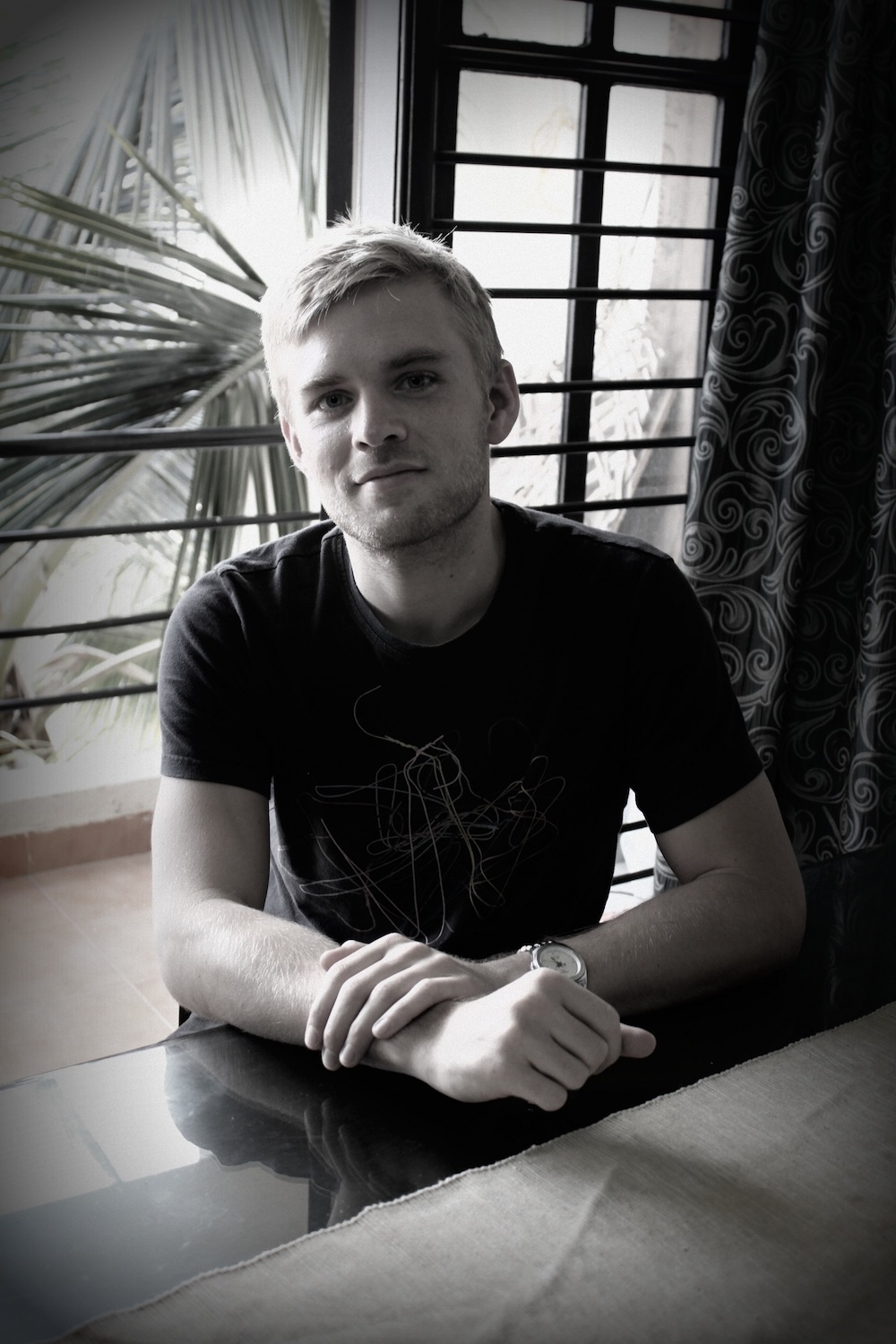
Quantum computers are expected to solve some problems beyond the reach of the most powerful supercomputers imaginable. Reaching this milestone has been dubbed "quantum supremacy."
But whether quantum supremacy has been achieved yet and what it would mean for the field remain unsettled.
The term "quantum supremacy" was coined in 2012 by John Preskill, a professor of theoretical physics at Caltech, to describe the point at which a quantum computer can do something that a classical one cannot.
Crossing this threshold has become a guiding star for the tech companies that are building large-scale quantum computers. In 2019, in a paper published in the journal Nature, Google became the first to declare it had achieved quantum supremacy. Other groups have made similar claims in recent years.
However, several of these assertions, including Google's, have since been rejected, after researchers developed novel classical algorithms that go toe-to-toe with quantum computers.
In addition, quantum supremacy experiments have focused on problems with no obvious practical applications, suggesting that useful quantum computers could still be some way off, William Fefferman, an assistant professor of computer science at the University of Chicago, told Live Science. Nonetheless, the idea has helped drive progress in the field and will be a crucial springboard toward more powerful machines, he added.
"You need to walk before you can run," Fefferman said. "I don't think anyone has a perfect road map for how to go from achieving quantum advantage in a really decisive way to this next step of solving a useful problem on a near-term quantum computer. But I'm convinced it's the first step in the process."
Get the world’s most fascinating discoveries delivered straight to your inbox.
How quantum supremacy demonstrations have manifested so far
Theoretical computer scientists have discovered several quantum algorithms that can, in principle, solve problems much faster than classical ones. That’s because they can exploit quantum effects like entanglement and superposition to encode data very efficiently and process many more calculations in parallel than a classical computer can. But the number of qubits — the quantum equivalent of bits — required to implement them at sufficient scale to show an advantage is far beyond what's available with today's quantum processors.
As a result, efforts to demonstrate quantum supremacy have focused on highly contrived problems designed to favor the quantum computer. Google's 2019 experiment involved a 54-qubit processor carrying out a series of random operations. Although the output would be fundamentally useless, the researchers estimated that it would take roughly 10,000 years to simulate the process on Oak Ridge National Laboratory's Summit supercomputer, the most powerful classical machine in the world at the time.
That's because the unusual properties of quantum mechanics mean that simulating these systems on a classical computer quickly becomes intractable as they get larger, said Simon Benjamin, a professor of quantum technologies at the University of Oxford. "It's not that quantum computers are mysterious, magical things," he said. "We know the equations that they obey. But as you consider larger ones, it gets tougher and tougher for the classical computer to keep track of these equations."
This is due to the quantum phenomenon of superposition. Whereas a bit in a classical computer can represent only 1 or 0, a qubit can encode a complex mixture of both states at the same time. Crucially, multiple qubits can be in a shared superposition, meaning that a quantum system can represent all possible combinations of qubit values simultaneously.
That means that describing two qubits requires four numbers to cover all possible states of the system, Benjamin explained. And for each additional qubit, the number of classical bits required to represent the quantum computer's state doubles. "Pretty fast we find ourselves getting to big numbers," he said.
To provide an idea of how quickly the problem scales, Benjamin said, a 30-qubit system can be comfortably simulated on a good laptop. By 40 qubits, you would need a university-scale supercomputer, and by around 46 qubits, you'd reach the limits of the world's most powerful classical machines.
However, these estimates refer to the challenge of exactly simulating a perfect quantum system. In reality, today's quantum computers are highly error-prone, which provides shortcuts for classical algorithms. In 2022, a group from the Chinese Academy of Sciences showed that a university-scale supercomputer could simulate Google's 2019 quantum experiment in just hours, in part by sacrificing accuracy for speed.
Why quantum utility is favorable to quantum supremacy
Other quantum supremacy claims have met similar challenges. A group at the University of Science and Technology of China claimed in a 2021 paper that a random sampling operation they carried out on a 144-qubit light-based quantum computer would be beyond any classical machine. But Fefferman said his group has since shown that they can exploit the noise in the system to simulate the experiment in less than an hour. The same approach should be able to simulate a similar quantum supremacy experiment announced by startup Xanadu in 2022, he added.
As far as Fefferman knows, there are two quantum supremacy experiments still standing. In 2023, Google used a 70-qubit processor to extend the company's previous result, and in 2024, Quantinuum claimed to have crossed the milestone with its 56-qubit H2-1 quantum computer. But Fefferman wouldn't be surprised if classical approaches are developed that can quickly simulate these experiments in the future. "I'm not holding my breath," he said.
A definitive achievement of quantum supremacy will require either a significant reduction in quantum hardware's error rates or a better theoretical understanding of what kind of noise classical approaches can exploit to help simulate the behavior of error-prone quantum computers, Fefferman said.
But this back-and-forth between quantum and classical approaches is helping push the field forwards, he added, creating a virtuous cycle that is helping quantum hardware developers understand where they need to improve.
"Because of this cycle, the experiments have improved dramatically," Fefferman said. "And as a theorist coming up with these classical algorithms, I hope that eventually, I'm not able to do it anymore."
While it's uncertain whether quantum supremacy has already been reached, it's clear that we are on the cusp of it, Benjamin said. But it's important to remember that reaching this milestone would be a largely academic and symbolic achievement, as the problems being tackled are of no practical use.
"We're at that threshold, roughly speaking, but it isn't an interesting threshold, because on the other side of it, nothing magic happens," Benjamin said. "Quantum computers don't suddenly become useful."
That's why many in the field are refocusing their efforts on a new goal: demonstrating "quantum utility," or the ability to show a significant speedup over classical computers on a practically useful problem. Some groups, including researchers at IBM, are hopeful that even today's error-prone quantum computers could achieve this in the near term on some specific problems.
Google also recently demonstrated a key milestone in the race to achieve fault-tolerant quantum computing. Its "Willow" quantum processor was the first to remove more errors than were introduced as you scale up the number of physical qubits in a logical qubit. This means exponential error reduction and a possible pathway to error-free quantum computing.
But Benjamin said there is growing consensus in the field that this milestone won't be reached until we have fault-tolerant quantum computers. This will require quantum processors with many more qubits than we have today, he said, as the most well-studied quantum error-correction codes require on the order of 1,000 physical qubits to produce a single fault-tolerant, or logical, qubit.
With today's largest quantum computers having just crossed the 1,000-qubit mark, this is likely still some way off. "I'm optimistic that eventually such a quantum computer will exist, but I'm pessimistic that it will exist in the next five or 10 years," Fefferman said.



